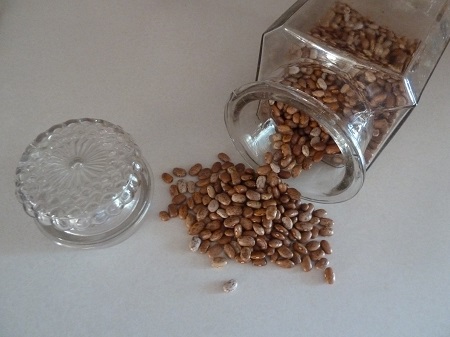On the Up and Up
 On the up and up sometimes refers to people becoming successful.
On the up and up sometimes refers to people becoming successful.
With high goals and hard work, they strive for a good:
- Income
- Reputation
- Position
They rise in the business world.
On the up and up also refers to anything improving.
- Health
- Work
- Relationships
Today’s focus relates to behavior.
People on the up and up are:
- Honest
- Dependable
- Respectable
- Fair
Anything they say can be taken to the bank. As good as their word, they have no need to hide anything they do.
- When they make a deal, they honor their agreement.
- If they share information, no one doubts its truth.
- When they promise to do something, they do it.
People whose behavior is on the up and up live clean, moral, legally upright lives.
They want to do what is right. They may not become rich or famous. However, they find far greater success than money or fame. Their choices give them a clear conscience – a gift money can never buy.
“May integrity and uprightness protect me, because my hope, Lord, is in you” (Psalm 25:21 NIV).
Thanks to Brad Leverett for the suggestion. Image by Gerhard G. from Pixabay
Do you have an expression you want explained or a thought about this one? If so, please comment below.
Subscribe to receive my weekly posts by email and receive a free copy of “Words of Hope for Days that Hurt.”
If you enjoyed this post, please share it with your friends.
 Let it be. Let it lie.
Let it be. Let it lie.  Do you ever meet yourself coming and going? With
Do you ever meet yourself coming and going? With  Last week we explored
Last week we explored  Few of us like to sweat bullets – physical or emotional.
Few of us like to sweat bullets – physical or emotional. When we serve soup, we want no bones about it. We may cook bones in our soup, but we take them out when we eat. Swallowed bones often result in a visit to the hospital.
When we serve soup, we want no bones about it. We may cook bones in our soup, but we take them out when we eat. Swallowed bones often result in a visit to the hospital. Lions have a big head, a loud roar, and a reputation as king of the jungle. Although big, strong, and fast, lions can be caught and controlled by smaller, weaker, and slower lion tamers.
Lions have a big head, a loud roar, and a reputation as king of the jungle. Although big, strong, and fast, lions can be caught and controlled by smaller, weaker, and slower lion tamers. Many times, Lisa Gupton told her show choir students, “Let’s get the show on the road.” She was telling them, “Get ready. It is time to perform.”
Many times, Lisa Gupton told her show choir students, “Let’s get the show on the road.” She was telling them, “Get ready. It is time to perform.” I grew up with the knowledge that my parents loved me a bushel and a peck. How did I know that? They told me many times. They also sang “
I grew up with the knowledge that my parents loved me a bushel and a peck. How did I know that? They told me many times. They also sang “ Most of us know people who cannot keep a secret. They always find a way to spill the beans.
Most of us know people who cannot keep a secret. They always find a way to spill the beans.